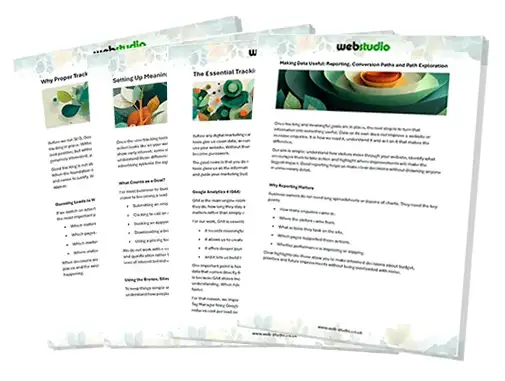Backlinks have been a cornerstone of SEO for as long as search engines have existed.
These are links from other authoritative, relevant websites that point back to your site, signalling to search engines that your content is valuable and trustworthy.
While there are rumours that Google might move away from relying on backlinks in the future, they still remain one of the most critical ranking factors today.
However, the game has changed – it’s no longer about quantity, but quality, relevance, and ethics.
What Are Backlinks and Why Do They Matter?
Backlinks, also known as inbound links, are links from one website to another.
When a reputable site links to yours, it’s like a vote of confidence, telling search engines that your content is credible and valuable.
This, in turn, can boost your website’s ranking in search engine results pages (SERPs), making it more likely for potential customers to find you.
However, not all backlinks are created equal.
The most effective backlinks come from high-authority websites that are relevant to your industry.
A backlink from a well-respected site in your field carries much more weight than one from an unrelated or low-quality site.
The Current Landscape: Quality Over Quantity
In the early days of SEO, it was common practice to build as many backlinks as possible, often using questionable methods known as black hat SEO.
These could include buying links or participating in link farms, where large numbers of low-quality sites link to each other in an attempt to manipulate search rankings.
However, Google’s algorithms have become much more sophisticated, and these tactics can now do more harm than good, potentially resulting in penalties that could severely damage your site’s visibility.
Today, the focus is on quality over quantity.
Your backlinks need to come from a variety of high-authority websites that are relevant to your industry.
Google also considers the freshness and traffic of these backlinks, meaning that recent links from well-trafficked sites can carry more weight than older, stagnant links.
Our Ethical Approach to Building Backlinks
At Webstudio, we take an ethical, long-term approach to building backlinks.
We don’t cut corners or use dodgy SEO tactics because we believe in building sustainable success for our clients.
If you’re looking for quick wins, Google Ads can be a great way to get immediate traffic.
But if you’re after a web partner that will help grow your organic traffic and attract the right users over time, then we’re the team for you.
How We Build Backlinks
We use a variety of strategies to build high-quality backlinks for our clients:
- Directories and Profile Pages: We start with setting up profiles on reputable directories and sites like Google Business, Hotfrog, FreeIndex, and Yell. While some of these may have "nofollow" links (which don’t pass SEO value directly), they still have their place in a well-rounded strategy. These pages can also appear in search results themselves, providing additional ways for users to find your site.
- Content Outreach: One effective way to earn backlinks is by posting valuable content on other relevant websites. This might involve guest blogging or contributing articles to industry publications, with a link back to your site as part of the deal.
- Natural Backlinks: Sometimes, the best backlinks come naturally. If you have amazing content on your website, people will want to link to it. Creating high-quality, informative, and engaging content can naturally attract links from others who find it valuable.
- Useful Tools and Resources: Another successful strategy is to create a useful tool or resource on your website that others will want to link to. For example, a topical map generator or keyword suggestion tool relevant to your industry can attract links from other websites that find your tools valuable.
- There are loads of other ways: Its not easy. Sometimes its as simple as asking for a link swap. An easy one here is for your suppliers and best customers. Sometimes its very hard, but remember, golden rule is quality over quantity.
Understanding "Nofollow" Links - Not all links are treated the same by search engines. "Nofollow" links are a type of link that tells search engines not to pass on any SEO value. This was originally created to combat spammy links. While "nofollow" links may not directly boost your rankings, they still have value. They can drive traffic to your site and contribute to a diverse backlink profile, which is generally a good thing.
Why Backlinks Are Still Crucial
Despite rumours that Google may shift away from backlinks in the future, they remain an essential part of SEO strategy today.
A strong backlink profile signals to search engines that your site is trustworthy, authoritative, and relevant, all of which contribute to higher rankings and increased visibility.
Backlinks are still the backbone of SEO, but they need to be built ethically and strategically.
At Webstudio, we focus on creating high-quality backlinks from authoritative, relevant sources to help your site rank higher and attract the right audience.
Whether through directories, content outreach, or natural links, our approach is designed for long-term success.
And while the landscape may evolve, one thing remains clear: backlinks, when done right, are a powerful tool in your SEO arsenal



